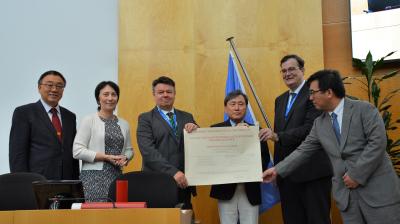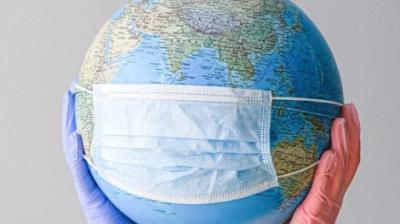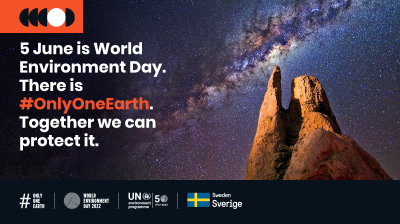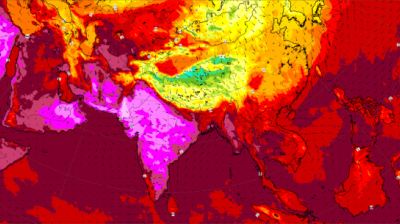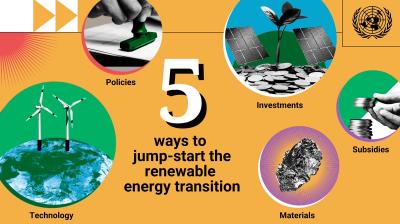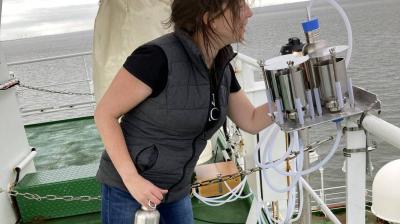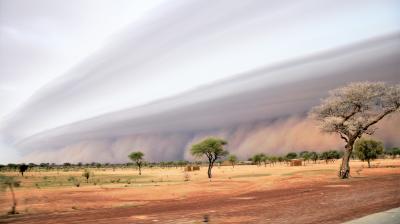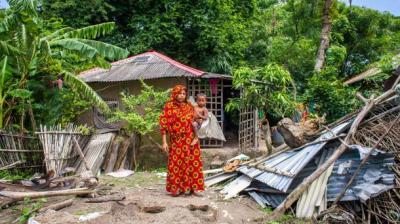WMO informs on impact of COVID-19 on science
Experts from the World Meteorological Organization and the scientific community have provided extensive information to UN climate change negotiators on the impacts that the COVID-19 pandemic has on climate research, observations and assessments, as well as on the levels of greenhouse gas concentrations and emissions.
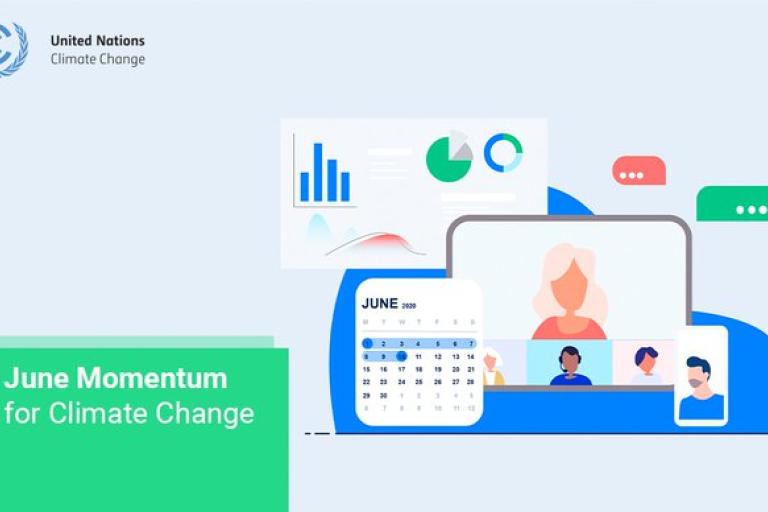
Experts from the World Meteorological Organization and the scientific community have provided extensive information to UN climate change negotiators on the impacts that the COVID-19 pandemic has on climate research, observations and assessments, as well as on the levels of greenhouse gas concentrations and emissions.
The Chair of the Subsidiary Body for Scientific and Technological Advice (SBSTA) of the UN Framework Convention on Climate Change convened an information event as part of its June Momentum for Climate Change series to discuss how the pandemic has affected the scientific community and how to leverage scientific support and knowledge-sharing for a sustainable recovery.
Science missions and conferences that were scheduled have been postponed or cancelled, gaps in some in situ long-running climate records are likely, and research budgets may be negatively affected, the event was told.
Evidence presented to SBSTA by the Global Carbon Project suggests that the COVID-19 global lockdown may result in a 3-months average of 8% fossil fuel emissions reduction and a peak drop of 17%. This may lead to 4-7 per cent drop in emissions over 2020 (dependent on when lockdown restrictions will be eased). This is much larger than the decrease during the 2008 financial crisis (which subsequently led to a rise in emissions of 6% during the recovery period).
“A reduction of emissions in the order of 4-7% globally does not mean that CO2 in the atmosphere will go down, in fact the CO2 will continue to accumulate and the level will just increase a little less than without this reduction,” according to the presentation from WMO. “Discerning the change will be difficult because the superimposed and larger natural variability.”
“Only when the net emission of CO2 comes close to zero, will the net uptake by ecosystems and ocean start to slightly reduce the CO2 levels in the atmosphere. Even then most of the CO2 already added to the atmosphere will remain there for several centuries and take part in the warming of our climate,” said the WMO paper presented by Oksana Tarasova, Head of the Atmospheric Environment Research Division.
Key messages:
Concentrations of greenhouse gases in the atmosphere continue to increase
- Long-term observations coordinated by the WMO demonstrated substantial interannual variability in the concentration annual growth rate that was largely driven by the natural processes (biosphere).
- The separation between natural variability
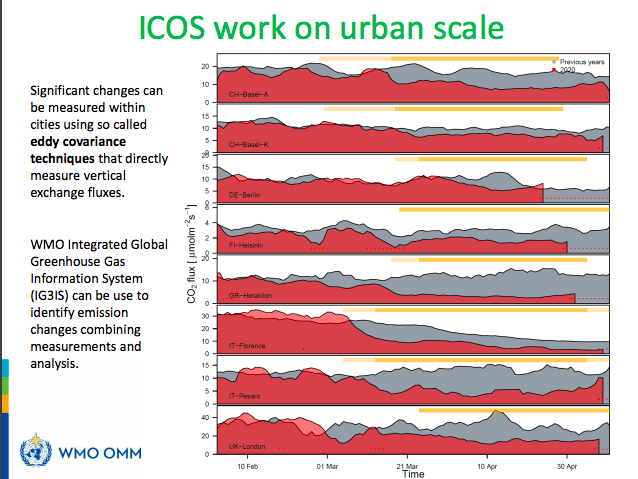
- The most substantial impact of the shutdown emission reductions on atmospheric GHG concentrations has been observed in urban areas.
- Continued long-term observations under different conditions combined with comprehensive analysis can serve as a guiding tool to see where we go through the economic recovery process and can guide the corrective actions.
Anthony Rea, WMO Director of Infrastructure and of the Global Climate Observing System secretariat, focussed on the impact of COVID-19 on climate observations. The main conclusions related to the lockdown measures were:
- Aircraft observations have drastically reduced.
- Manual surface observations are badly hit in places that already have insufficient resources for observations and hence little resilience.
- Automatic observations are less impacted but the effects of lack of maintenance and calibration will accumulate and impact the climate record in many locations.
- Satellite observations have not been impacted, showing the benefits of a composite system
This will lead to degradation of climate monitoring and of weather forecasts globally, with significant impacts on local forecasts, and emergency warning systems in the countries lacking observations, Mr Rea said.
There were also presentations on the impact on global ocean observations and the space-based system.
With in-person science meetings around the world grinding to a halt as a result of efforts to contain the spread of the coronavirus, the Intergovernmental Panel on Climate Change provided information on how it is exploring alternative working arrangements to keep its sixth assessment report on track.
The World Climate Research Programme explored partnering for research solutions. There is tremendous opportunity to address both the economic crisis and climate change /sustainability policies together. In order to rebuild more resilient communities, we need to ensure that our recovery measures propel the global economy towards a more sustainable, decarbonized future and increased resilience.
Free and open sharing of knowledge, building global capabilities and capacity as well as solution orientation of climate impact science are key elements for the future. This crisis demonstrated that more attention should be paid to resilience of the observing systems and science process.


